10 Everyday Items That Experts Say Are a Complete Waste of Money

Some things can be an absolute waste of money. With the high cost of living and inflated prices, it’s important to save where possible by making smart decisions that are good for your wallet. While some purchases might be convenient, they’re actually harmful to your finances and bad buys in the long run. By steering clear of certain popular items, you can save money and, in some cases, do your part to make sustainable choices that help the planet and your health. Here are 10 items to avoid buying, according to experts Best Life spoke with.
RELATED: 14 Practical Ways to Save Money Each Month.
1
Bottled Smoothies and Juices
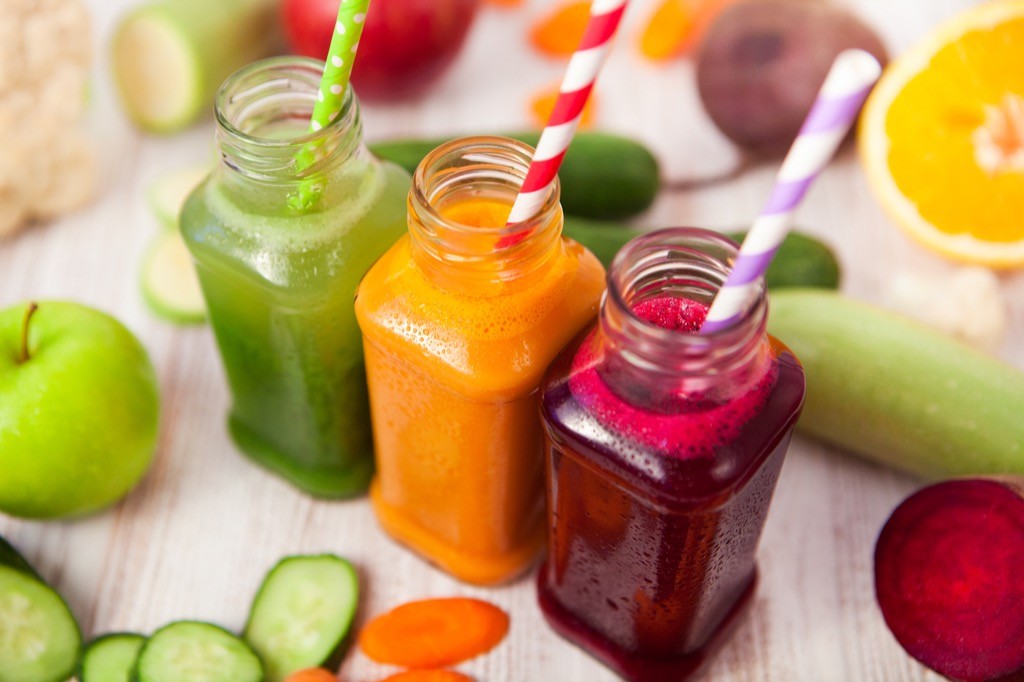
Smoothies and juices can provide much-needed nutrients since they’re packed with fruits and vegetables, but Tiago Pita, E-commerce Director at Whole Food Earth, warns against buying bottled ones. “While these might seem like a healthy option on the go, bottled smoothies and juices are often loaded with added sugars and preservatives,” he explained. “Plus, you’re paying for packaging and convenience, not just the product. A better option is to make your smoothies at home using fresh fruits and vegetables. You’ll save money, and it’s far healthier.”
2
Disposable Food Storage Bags
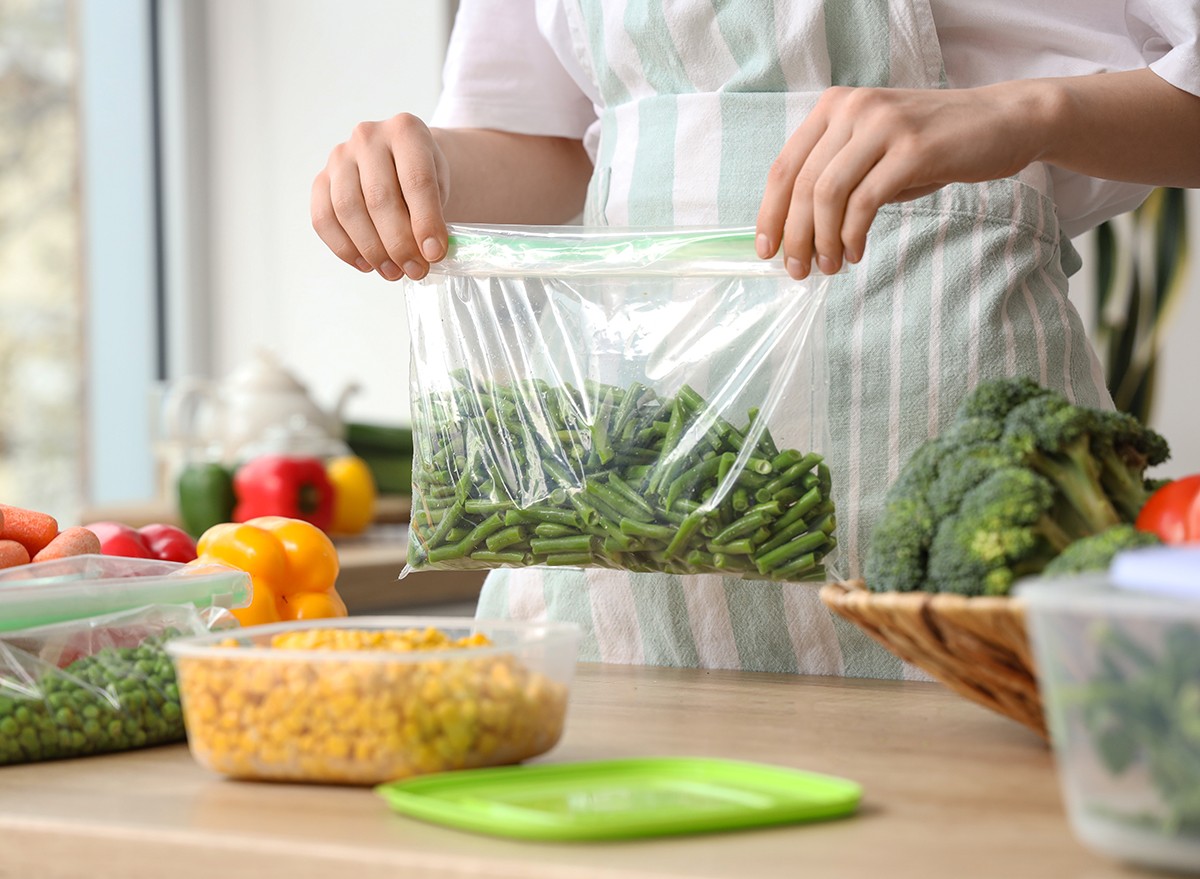
Disposable storage bags are cheap and easy to keep food fresh, but after their one-time use, the plastic bags are tossed, damaging the environment. In addition, they’re not healthy. “Regardless of whether a plastic food container contains phthalates or BPA, it may not be entirely safe,” according to the National Center for Health Research. “Plastics break down over time, which means they can potentially release trace amounts of whatever chemicals they are made of into the food.”
Plus, they’re expensive over time. “Spend a little more on reusable food storage bags to reduce waste and save more in the long run!” says money-saving expert Andrea Woroch. “You can also swap bags for plastic or glass storage containers, which do the same trick!”
3
Extended Warranties
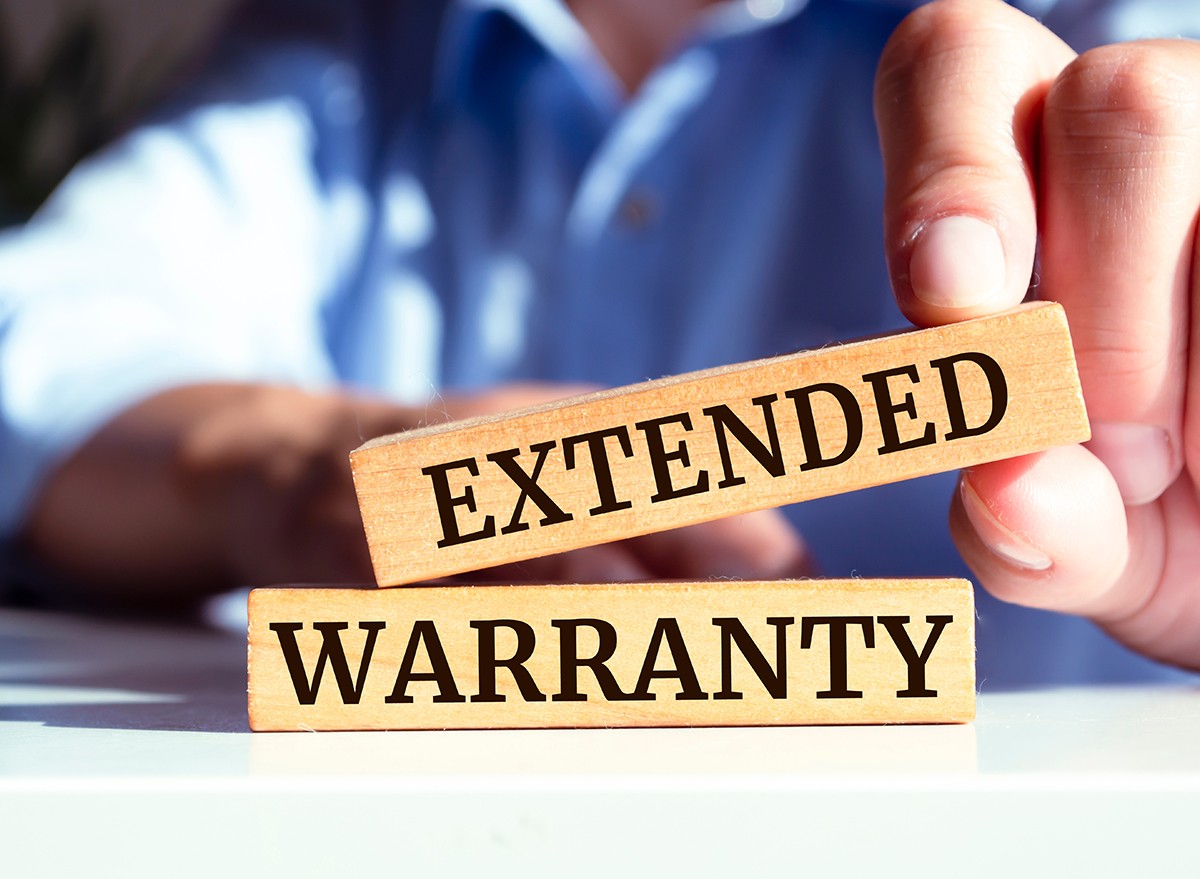
Extended warranties are meant to relieve financial stress if your item needs repairs, but Russ Johnson, finance expert and founder of Linx Legal, says they are not worth it in many cases. “Most products either come with a manufacturer’s warranty or are durable enough not to require one,” he explains. “Additionally, extended warranties often have loopholes and limitations that make them difficult to use when you need them.”
4
Fast Fashion
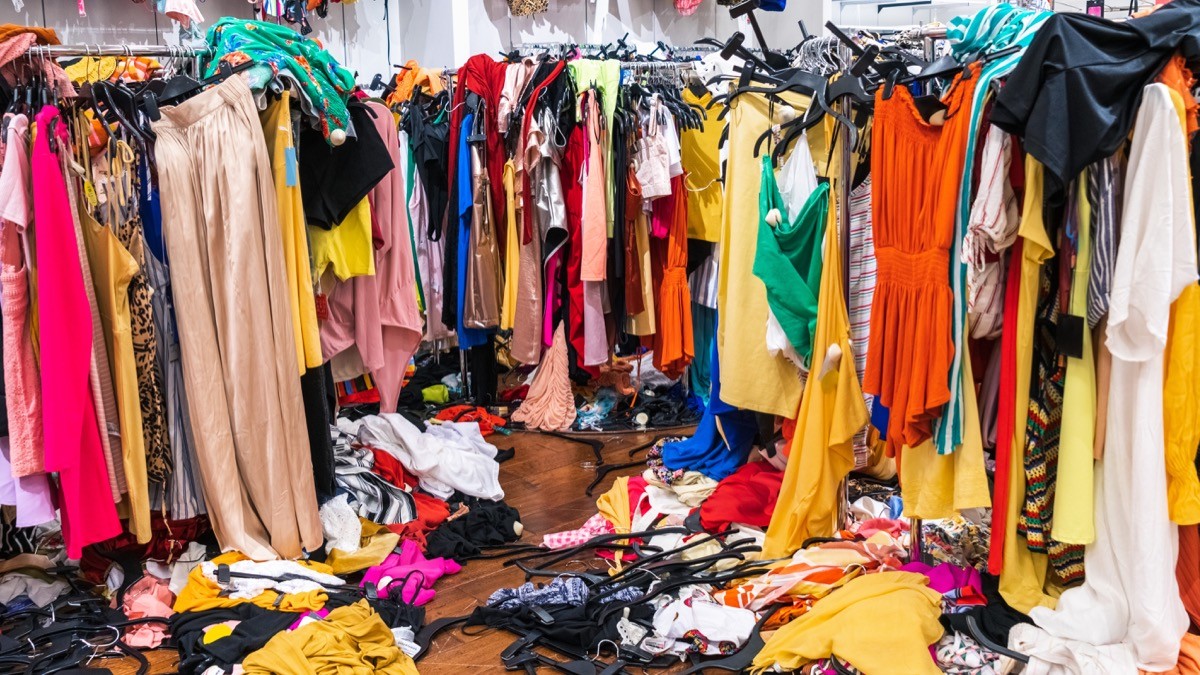
Fast fashion might be a budget-friendly way to fill your closet with the latest trends, but it comes at a high cost in other ways. “Many of these products are made from low-quality fabrics that wear out after just a few washes, forcing consumers to buy replacements sooner than they expect,” says Nora Sudduth, Founder & Owner of Nora Sudduth Consulting.
But it’s not just about the money and poor quality; fast fashion can be highly unethical. “Garments from retailers like Shein or H&M might cost only a few dollars, but their production often involves exploitative labor practices,” Sudduth explains. “Instead of fast fashion, I recommend consumers invest in higher-quality, timeless pieces. These not only last longer but also reduce the frequency of replacement purchases, ultimately saving money over time.”
RELATED: Costco Shoppers Are Abandoning These Kirkland Products.
5
Makeup Remover Wipes

Makeup remover wipes take off makeup in one easy step and are a popular item you’ll always find at your local drug store or online, but Woroch says they should be avoided. “These are convenient but costly and create a lot of waste,” she states. “Instead, spend a little extra on a makeup remover cloth that you can just throw into the wash—it offers the same makeup-removing results without having to keep buying cleansing wipes.”
6
Name Brand Spices
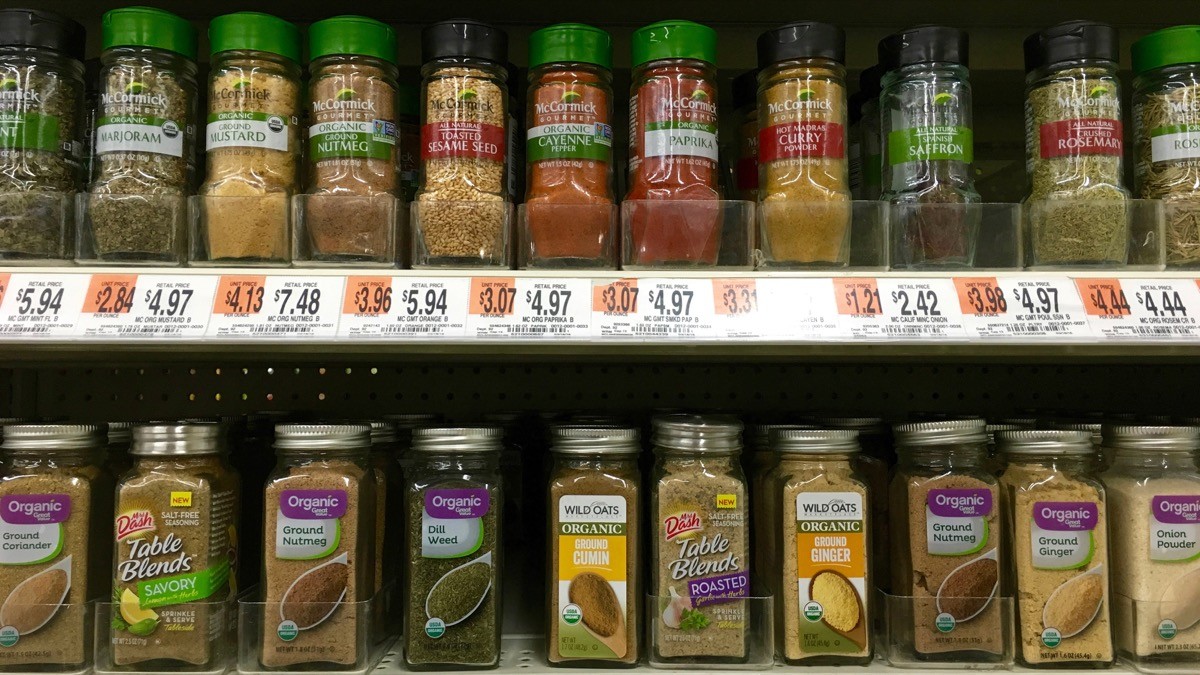
Cooking with spices adds flavor and health benefits; however, Pita explains why it’s okay to skip name brands. “Buying name brand spices can be shockingly expensive, and the quality is often no different from generic or bulk option,” he says. “I always recommend buying spices in bulk from reputable sources or local markets. You get the same flavor and freshness without the high cost, and bulk buying reduces the need for excessive packaging.”
7
New Cars

Having a new car with the latest updated features is exciting, but a dependable used car is a better value, says Johnson. “People should avoid buying brand-new cars because they lose significant value the moment they leave the lot, often depreciating by 20-30% within the first year,” he explains. “If you’re looking for value, buying a slightly used car can save you thousands while still offering the latest features and reliability.”
8
Paper Plates
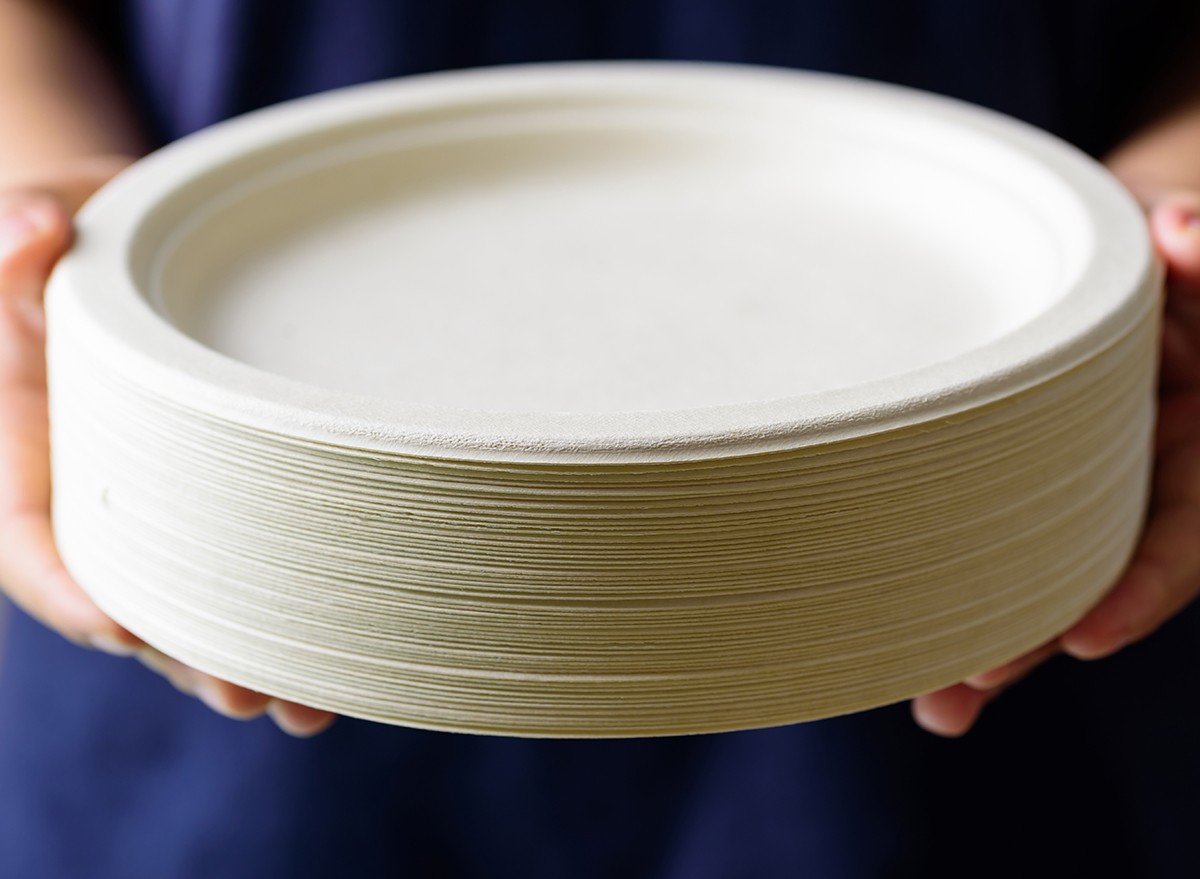
There are benefits to using paper plates, like no clean-up, but the disadvantages outweigh the good, says Woroch. “Paper plates create a lot of waste, and the costs add up over time. You’re better off investing in a set of melamine / nonbreakable plates to service at parties and outdoor gatherings.” She adds, “Just ensure they’re dishwasher safe to save you the time and effort of cleaning. In the long run, this move will save you big! To save on the initial purchase, look for discounted options at retailers like HomeGoods and Ross and shop at the end of the season — fall is a great time to find deals on this outdoor entertaining staple.”
RELATED: 9 Best Amazon Basics Products.
9
Plastic Water Bottles
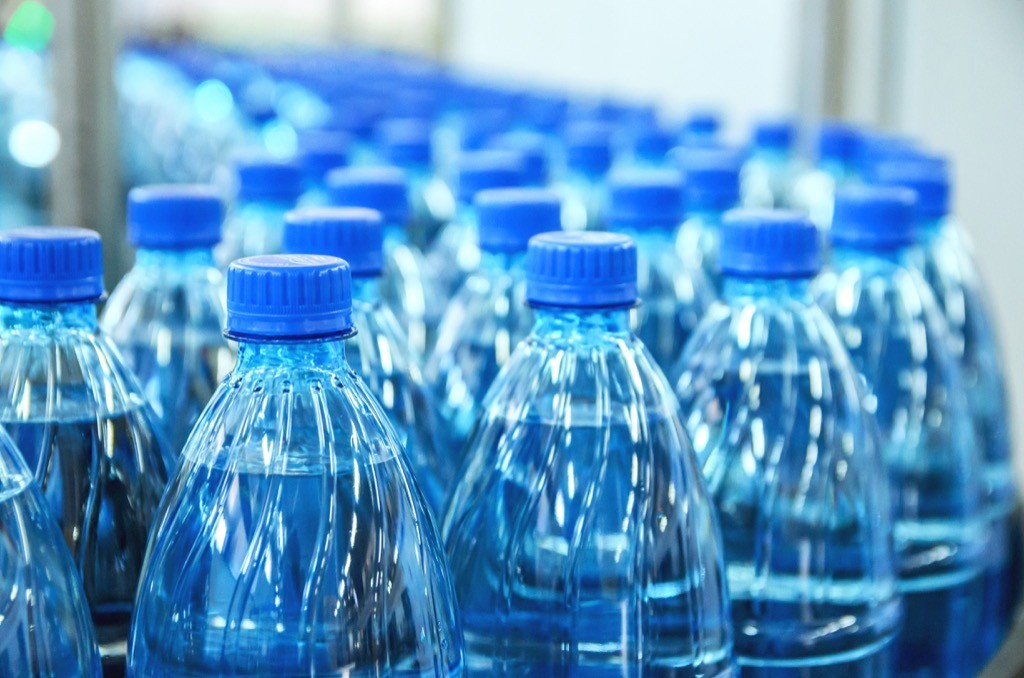
Plastic water bottles are a convenient way to stay hydrated on the go, but they are wasteful and cause damage to the planet. “Disposable plastic water bottles are not only environmentally harmful but also become a costly habit during frequent travels,” says travel expert Arsen Misakyan, the co-founder of LAXcar. ” In 2022, Forbes reported that about 50 billion plastic bottles are purchased annually in the U.S. alone. Switching to a reusable water bottle can reduce waste and reduce travel expenses.”
Johnson adds, “Purchasing bottled water regularly is not only expensive but also environmentally harmful. Invest in a good reusable water bottle and a home water filter instead. You’ll save money in the long run and reduce plastic waste significantly.”
10
Travel-Sized Toiletries
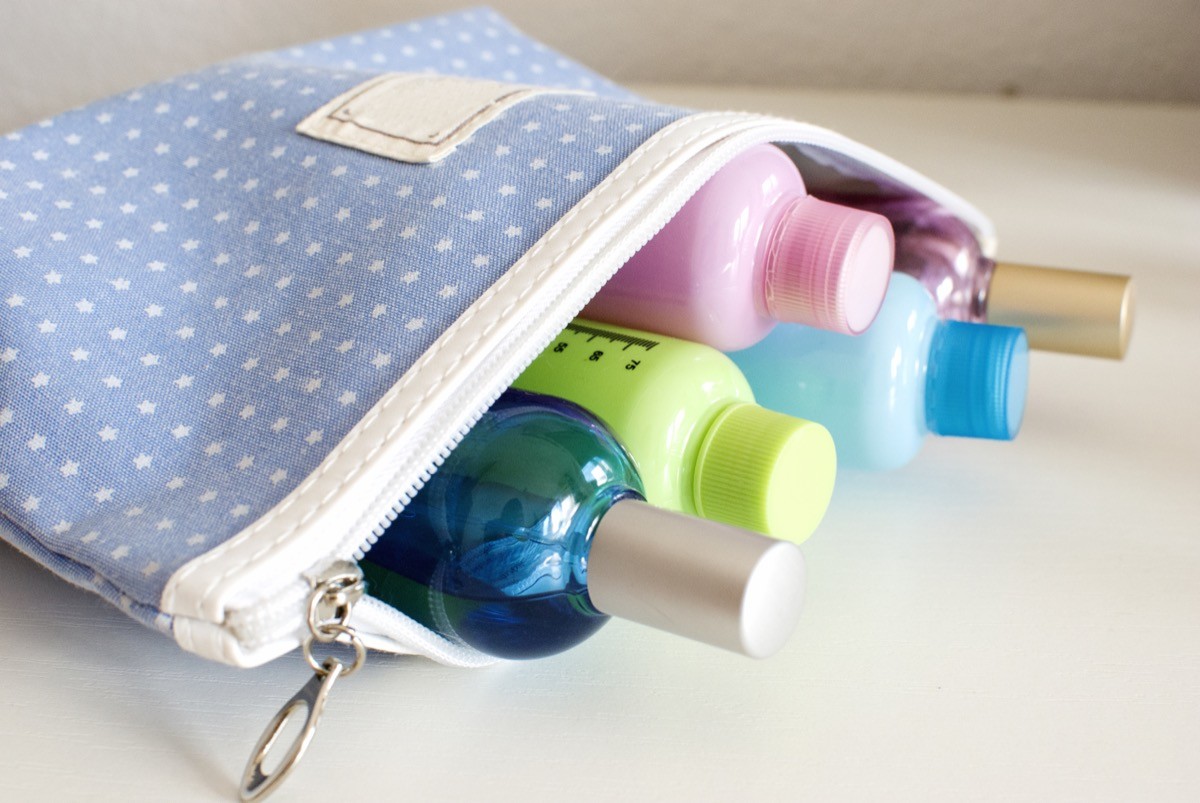
It doesn’t take much effort to grab the travel-sized products needed for a trip, but buying them causes more harm than you think, according to Misakyan. “While convenient, travel-sized toiletries come at a premium price and generate significant plastic waste, he says. “Instead, invest in reusable silicone containers and refill them with products from home,” he suggests. “This not only saves money but also aligns with eco-friendly travel practices.”